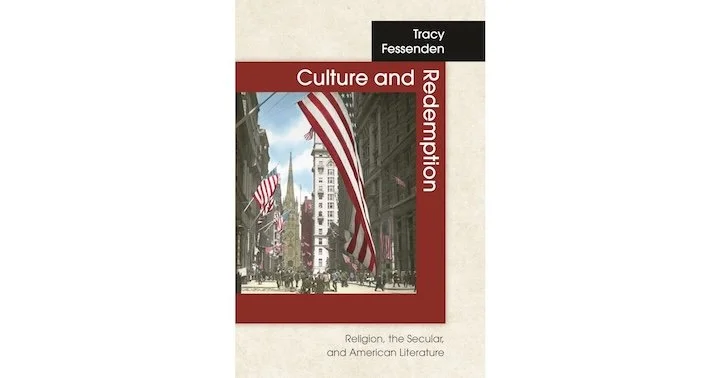On Culture and Redemption: Religion, the Secular, and American Literature
Tracy Fessenden
November 18, 2025
Stories we tell of books dreamed up in the last century—in the 1900s, as my students like to say—have a Ripley's Believe It or Not quality. We lived in the library; we communed with strange beasts. Microfiche cards. Academic journals bound by year in doorstop volumes. Books haunted by the presence of readers past: coffee-stiffened pages, penciled musings in the margins, antic columns of due dates stamped on the flyleaf. Technological assists came in the form of boxy word processors, blurred xerox copies, wheezing microfilm readers in library basements. Sending a manuscript to a publisher meant postage. Tracking down a footnote in the stacks might take days.
When I boxed up the draft manuscript of Culture and Redemption (2007) to mail to my publisher it was five years past the date on which I’d agreed to deliver it and a decade or more in the making. I could not lay blame for my lateness on analog inefficiencies, or the two small children in my care. The truth is it had taken that long to figure out what I wanted to say. I did not teach American religious history and never studied it formally. I found few models and few interlocutors. Most of my scholarly conversations in those years were imaginary ones.
I had a general sense of what I wanted. I wanted to enliven the study of religion and literature. I wanted to consider the secular as something other than absence. I wanted to think about the default assumption I'd long encountered in and beyond the academy, that unless spelled out differently religious meant Christian and Christian meant Protestant. I wanted to linger on why so few Americans found this assumption remarkable, whatever they thought of religion and whether they thought about religion at all. I wanted to ask what work Protestantism did in the company of other unmarked categories like whiteness, maleness, and heterosexuality. I wanted to try seeing secularism in America as the disappearance of this unmarked Protestantism into the everyday life of the nation, and—coming full circle—to consider American literature and reading practices as paths and vehicles of its disappearance. I wanted to do all these things, and I did not know how.
I also wanted to write some good sentences. I believed if I could write compellingly I’d have a compelling argument. But really I wanted the thrill of it: I wanted now and then to feel what I imagine a sculptor must feel when she sees beneath the moving chisel no longer a stony surface but an eye, a face, an attenuated limb, strong and sufficient to itself, with its own intelligent life. A good sentence, I thought, isn't one you write to please your ideal reader, or even to please yourself. A good sentence wants nothing more to do with you. It turns on its feet and walks away.
More Ripley’s Believe It or Not: without social media, podcasts, or a digital launch to publicize the book when it appeared, I wrote about a hundred chatty letters to acquisitions librarians across the country. One librarian had mentioned an interest in birdwatching on her webpage (a new thing); I remarked on the splendors of birding in my note. I got little return for my labors. A terse early review from the Association of College and Research Libraries (“a fair example of postmodern literary scholarship”) did not help my case.
I wrote to librarians and filled out acquisition requests on their websites because I did not know how to interest other scholars of religion in my book. I could never come up with the two-minute elevator speech that says what the book is about. But strong and subtle reviews trickled in from brilliant people who had taken the time to read the book carefully and to consider where they agreed or disagreed. The slow-moving benediction amounted to a moose handshake from the guild of American religionists, to which I’d appealed with thin credentials for membership. Imaginary scholarly exchanges became real scholarly exchanges. Culture and Redemption made its way into conversations on and off the page with a Who’s Who of scholars I admire, Tom Ferraro, Clark Gilpin, Katie Lofton, John Modern, Lindsay Reckson, and Judith Weisenfeld among them. These and others who found Culture and Redemption provocative in its strengths and weaknesses were better readers of the book than I, and whatever good it has done is thanks largely to their generous engagement with it.
It will never not be thrilling to be cited by and alongside the scholars I love. But I find two other varieties of citation pleasing as well. The first is not being cited in works that never mention Culture and Redemption by name but nevertheless breathe the same air and travel the same argumentative paths. The other is being explicitly cited in arguments that remain baffling to me. Both are gratifying in the way of bittersweet joys of age, like watching your kids grow up to accomplish extraordinary things you didn't teach them and will never fully understand.
What do I wish I’d done differently, in hindsight? I wish I’d better anticipated the objections of readers who sensed a polemic and read each chapter as a pile-on, whatever the author or practice or aspiration in question. “When interpreted in the manner that Culture and Redemption suggests,” one reviewer offered, “every detail in the literary, religious, and cultural history of the US finds its place in a grand narrative of conquest, suppression, sublimation, and control.” I should have clarified my concern not to depict white Protestant Christianity as evil but to understand how it managed to occupy a space of seeming neutrality, despite and often by means of violence carried out in its name. I’d have included more dissenting voices. I’d not have relegated to the footnotes my justification for speaking of Protestantism in the singular rather than always specifying regions, denominations, and contentious splits. I'd underscore that I'm neither for nor against religion, or secularism, but I am very much in favor of reading. I am equally for democracy, which looks ever lovelier as it recedes.
I wish I’d kept topical news from the book more than I’d managed to do, even as I’d try for ever greater clarity (and urgency) on the violent uses of white Christian power in an allegedly secular age. Addressing one’s book to the specific awfulness of the present, I’d know now, might diminish its address to a far worse present down the road. There's nothing more sweetly blinkered in the book than its determination to do battle with the George W. Bush administration.
A reviewer who said my otherwise unoriginal thesis was distinguished only by its darkness supposed the title archly implied that “redemption might only come by means of academic culture.” This is not at all what I meant to imply. But I did take undue refuge, in the form of academic distance, from some of what I sought to describe. Patricia Lockwood writes of getting news of the January 6th attack on the Capitol as she sits down for a haircut, “phone held tensely in my lap under the barber cape,” wondering “the whole time whether the Speaker of the House is having her head chopped off.” Stepping “out of the salon and back into the stream of what is happening, I have a feeling that I have possibly never had before: American.” Me too, in that I no longer pretend we can intellectualize our way out of membership in what America has been or has become.
Culture and Redemption might be easier to write today, but harder to imagine, because harder now to imagine a place for it. The handwritten letters I mailed to librarians assumed a future with libraries, and libraries with books in them. I could not have foreseen being digitally connected and networked and cantilevered in all the ways we are now, or that writing would still even so feel like writing into the void. We don’t know where any of this is heading. We’ve never known. So go, little book, as Chaucer said of his pilgrims, Oscar Wilde his pomegranates, and Leonard Cohen his longing. May you continue to get into lively arguments and interesting scrapes, may you keep real and imaginary conversations alive, and may all our raging efforts against the void do likewise.

